Distributor pick-up coils are essential components in the ignition system of internal combustion engines, particularly in older vehicles that utilize traditional distributors. Here’s an overview of their key features, functions, and benefits:
Key Features:
- Magnetic Operation:
- Pick-up coils operate using magnetic principles, generating an electrical signal as the distributor rotor passes over them.
- Durable Construction:
- Typically made with robust materials to withstand the harsh conditions within the engine compartment, including heat and vibration.
- Compact Size:
- Designed to fit within the distributor assembly, making them unobtrusive while playing a crucial role in ignition timing.
Functions:
- Signal Generation:
- As the distributor rotor turns, the pick-up coil detects the rotor’s position and generates a voltage signal corresponding to the crankshaft’s position.
- Ignition Timing:
- The electrical signal is sent to the ignition control module or ignition coil, helping to determine the precise timing for igniting the fuel-air mixture in the engine cylinders.
- Engine Performance:
- By providing accurate timing information, pick-up coils help optimize engine performance, efficiency, and fuel economy.
Benefits:
- Improved Efficiency: Accurate timing enhances combustion efficiency, leading to better fuel economy and reduced emissions.
- Reliability: A properly functioning pick-up coil contributes to the reliability of the ignition system, reducing the likelihood of misfires or starting issues.
- Maintenance: Typically low-maintenance components, but they may need to be checked or replaced if ignition problems arise.
Symptoms of Failure:
- Engine Misfires: Irregular firing or misfiring may indicate a failing pick-up coil.
- Starting Issues: Difficulty starting the engine can be a sign of an issue with the ignition system, including the pick-up coil.
- Check Engine Light: Activation of the check engine light can also suggest problems within the ignition system.
Replacement:
- Access: Depending on the vehicle, replacement may require some disassembly of the distributor. It’s generally a straightforward process for those familiar with automotive maintenance.
- Testing: Before replacing, it’s advisable to test the pick-up coil for continuity and resistance to confirm it’s functioning properly.
Applications:
- Older Vehicles: Commonly found in older gasoline engines equipped with a traditional distributor ignition system.
- Small Engines: Also used in some small engines (like those found in lawn equipment and generators) that utilize similar ignition technology.

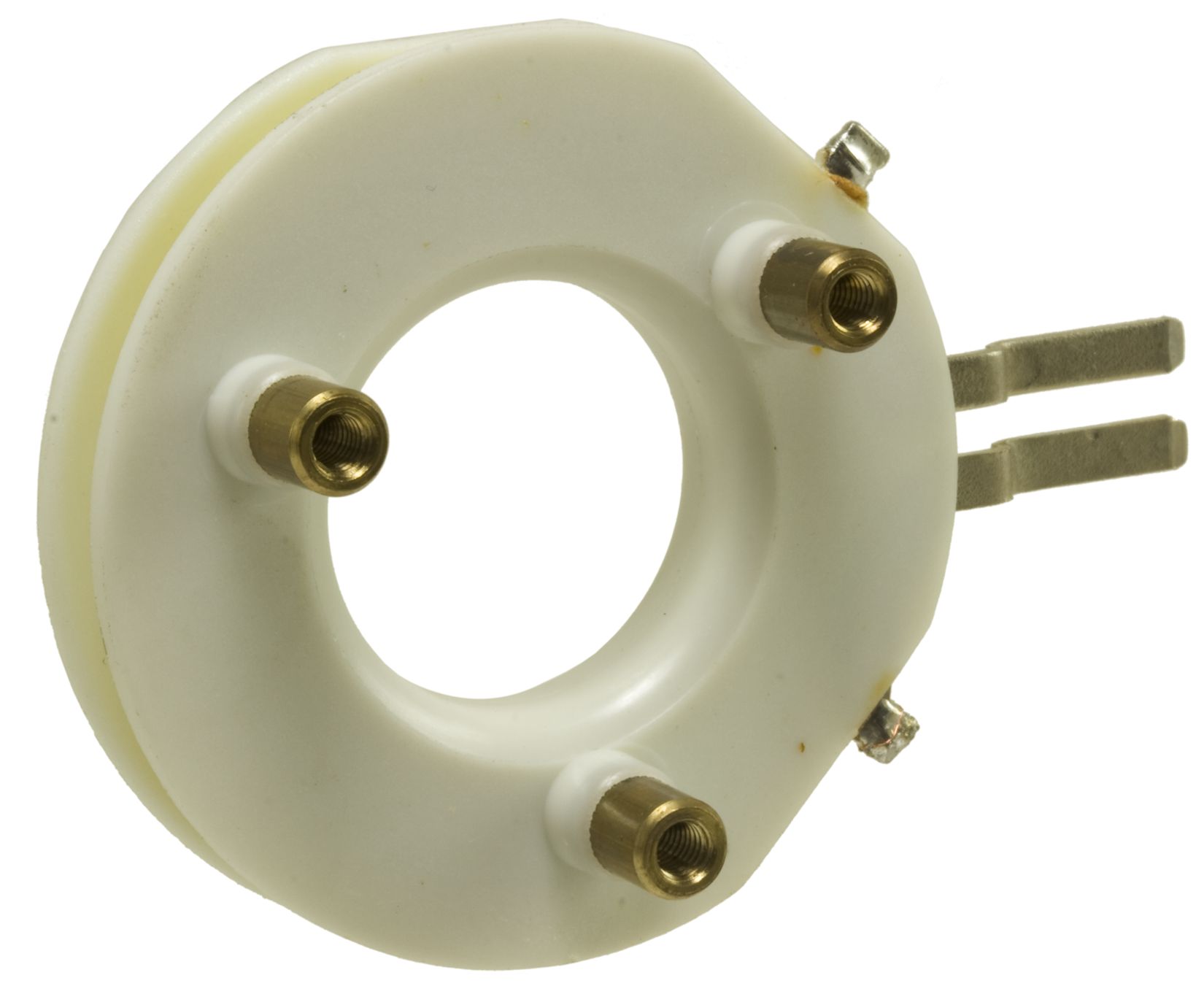
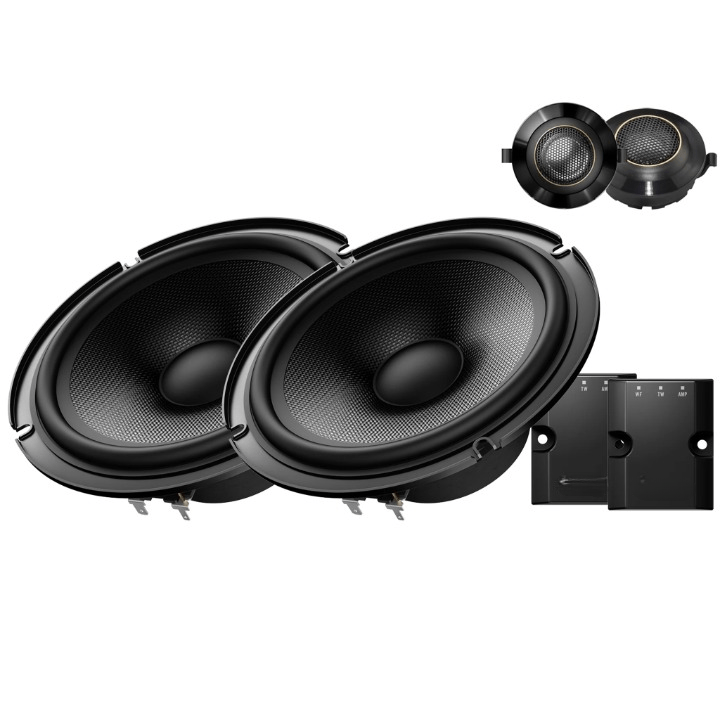
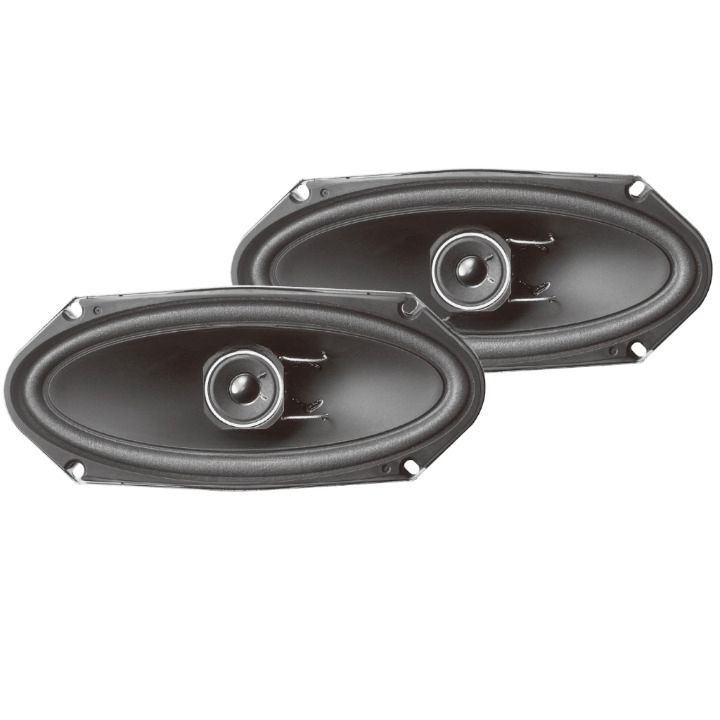
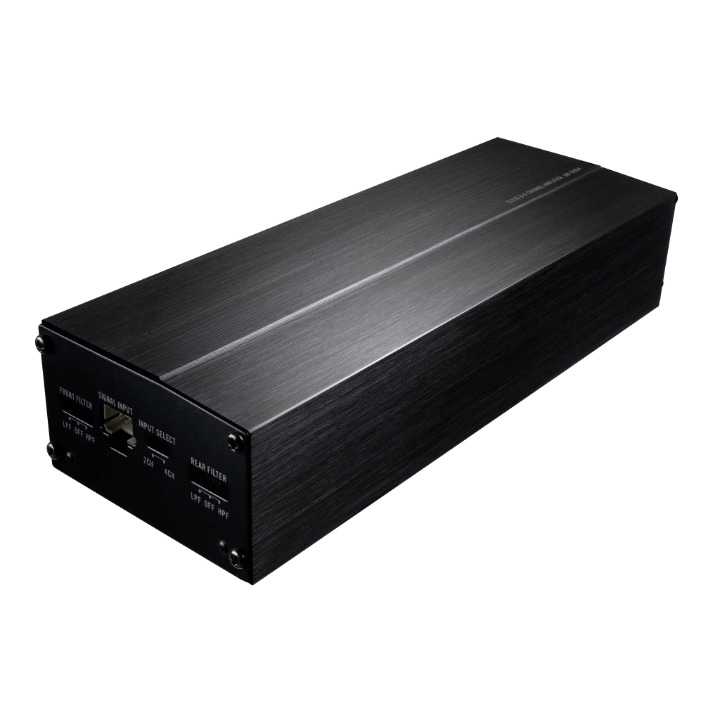
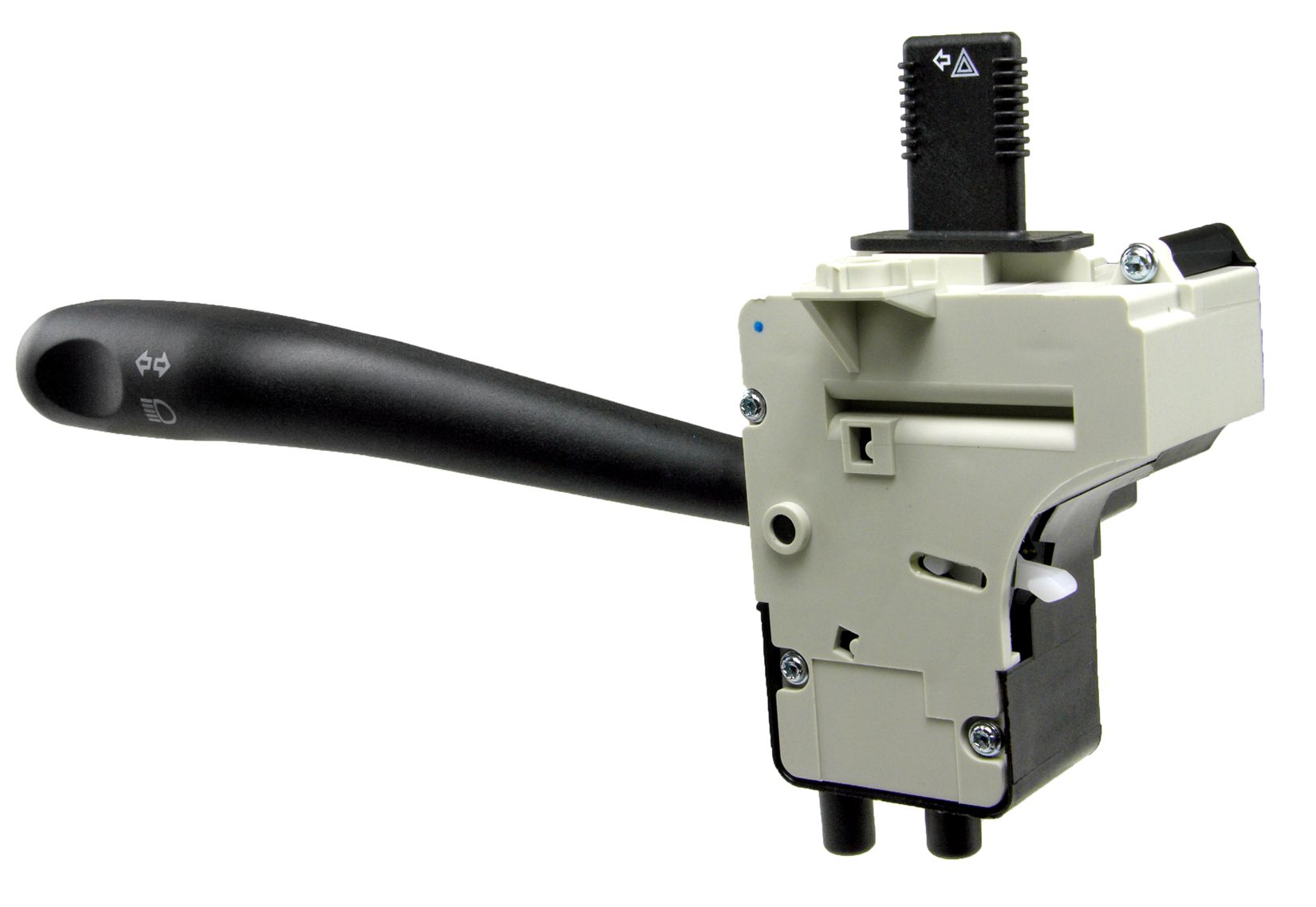
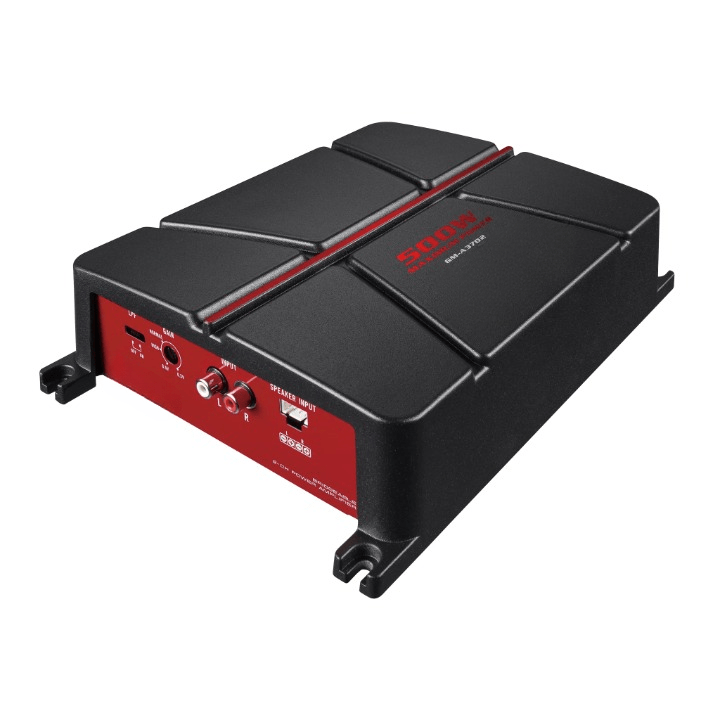
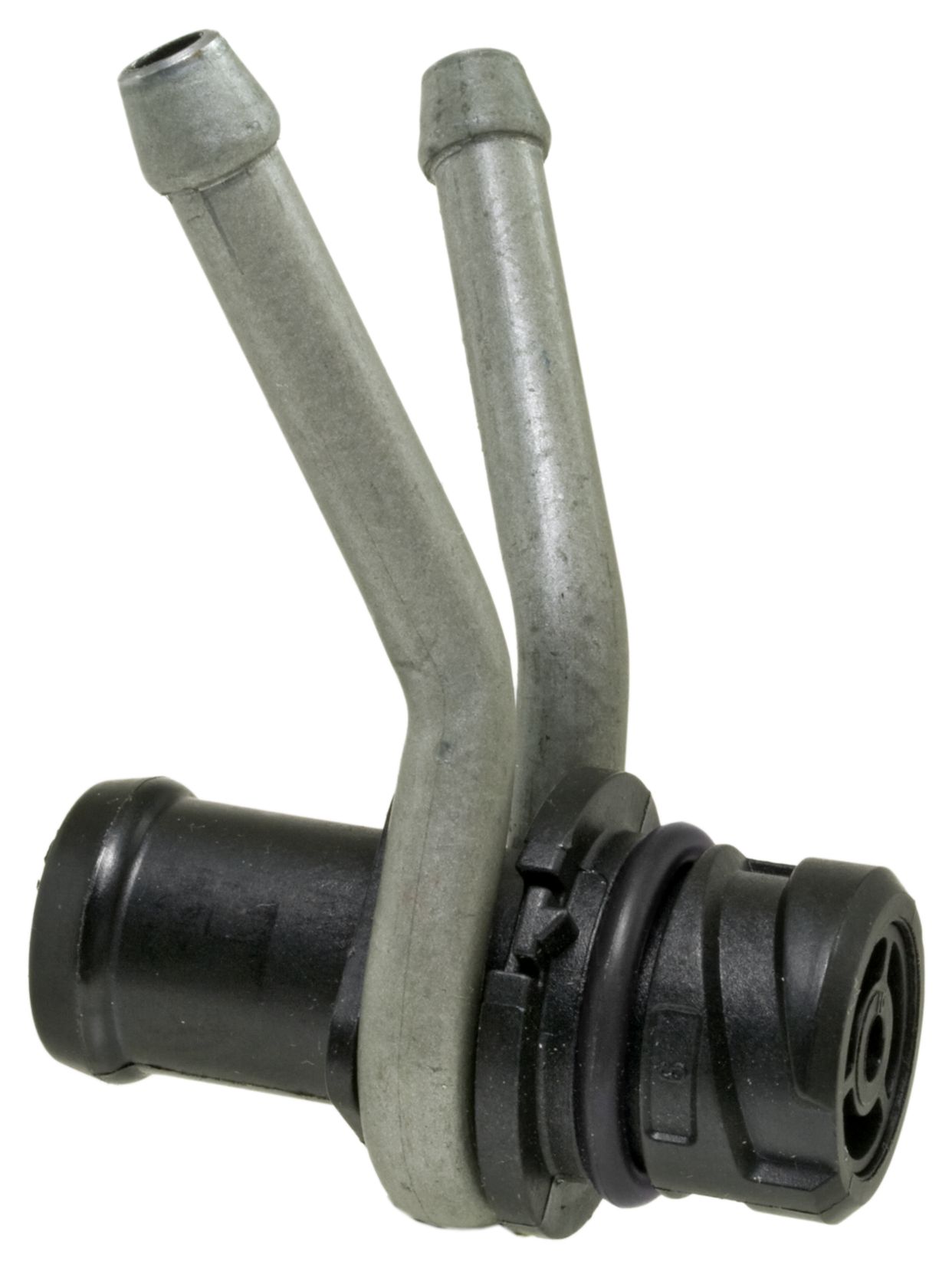
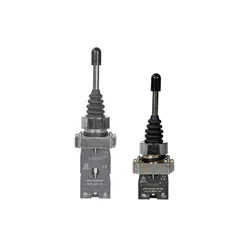
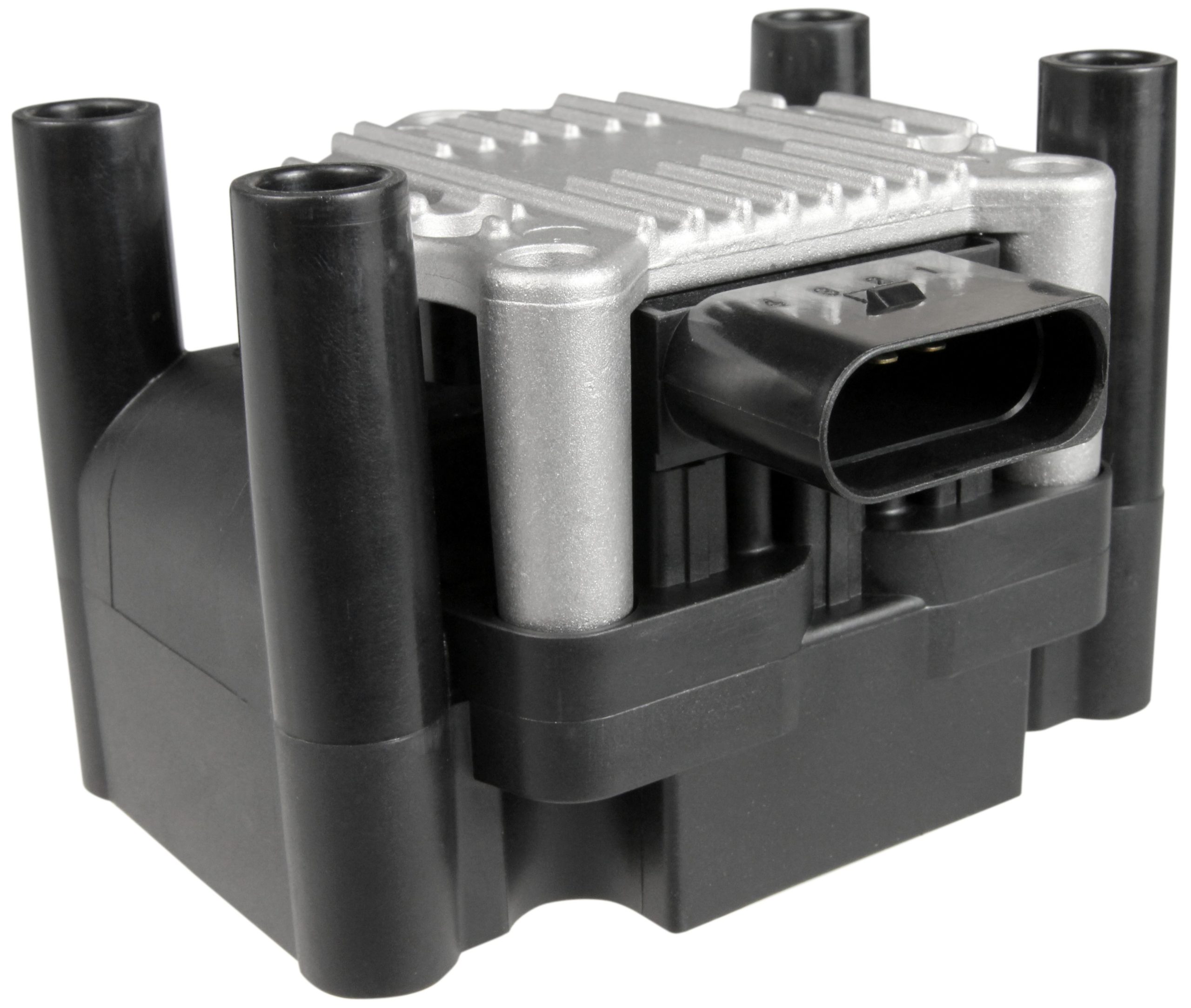
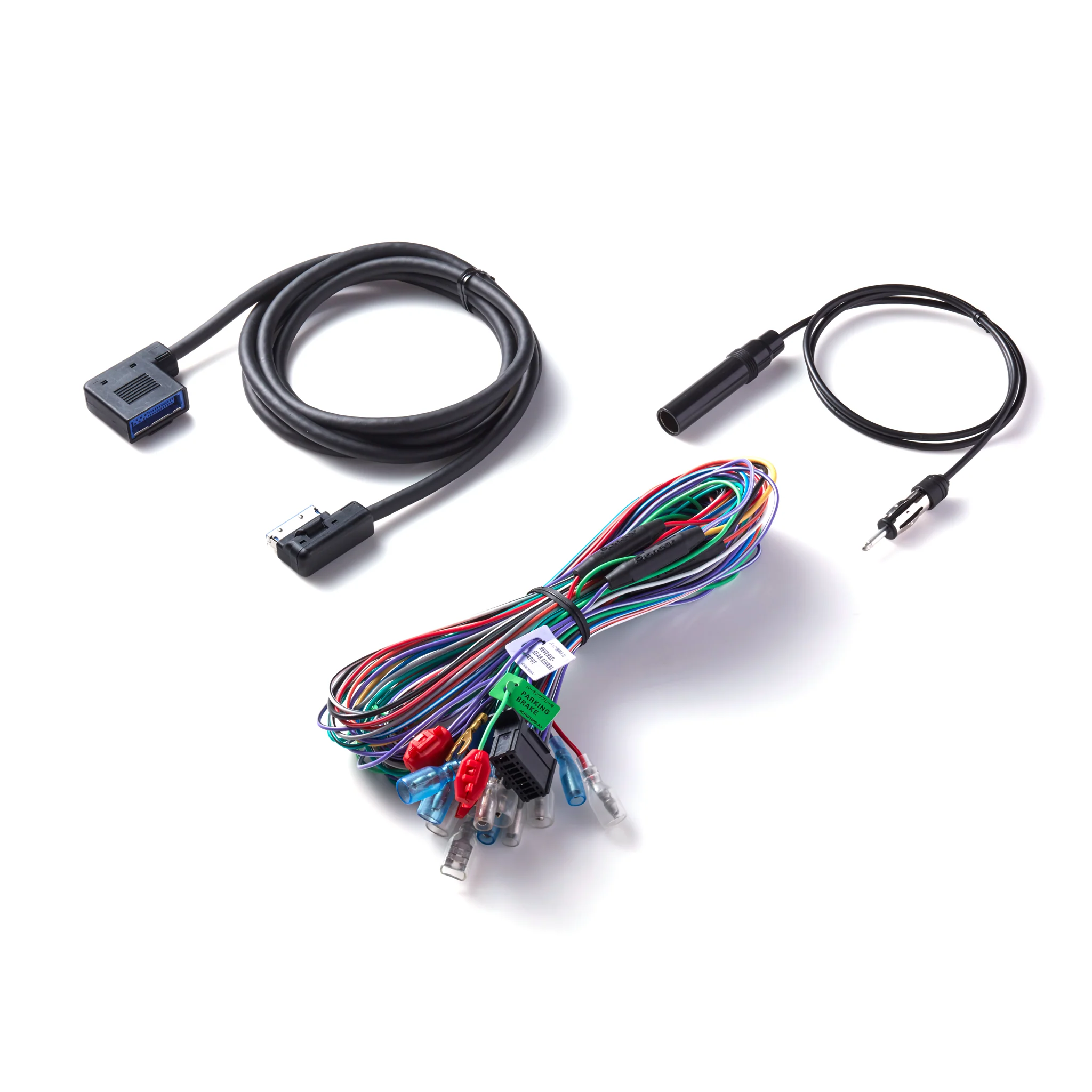
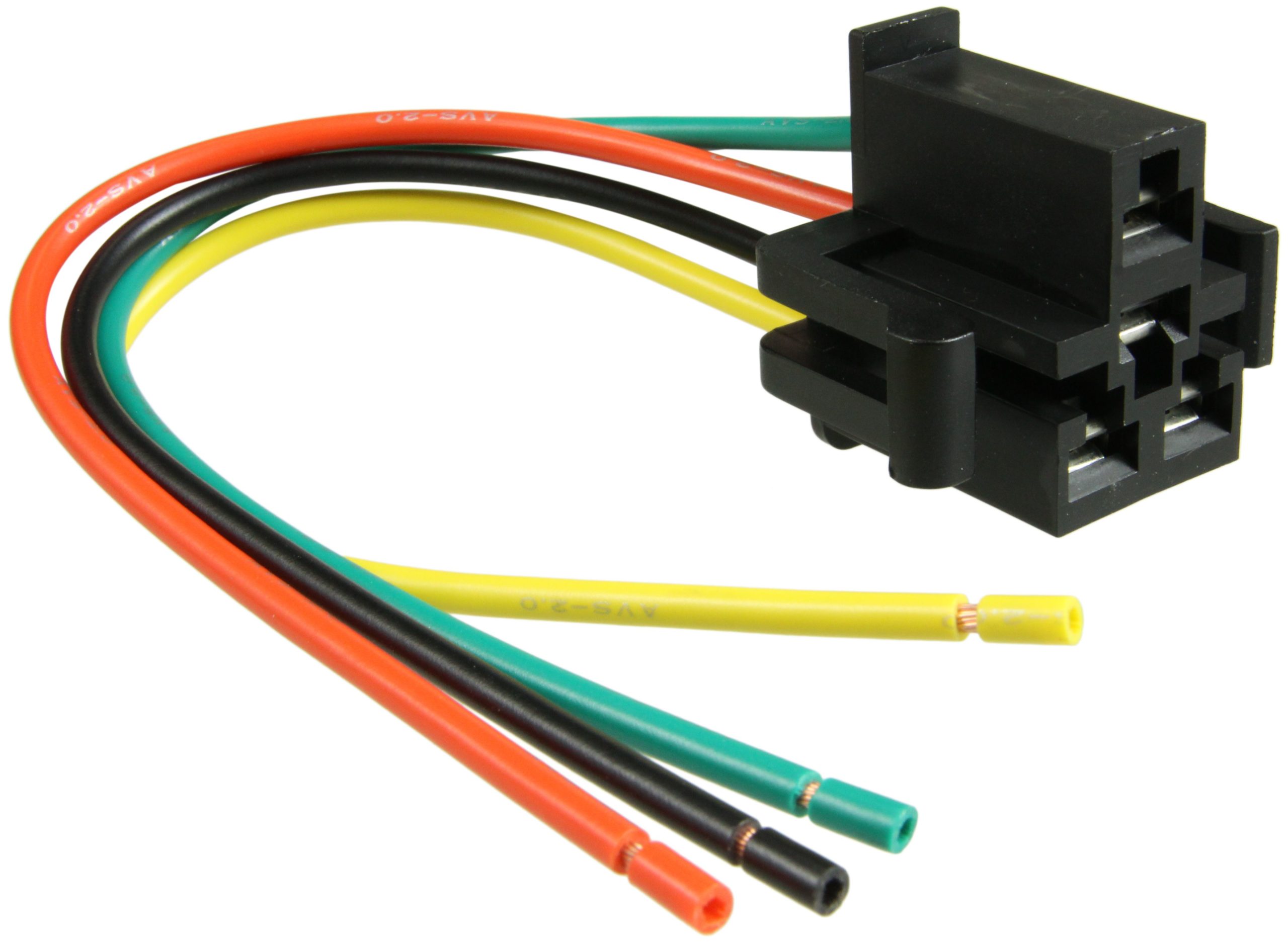

There are no reviews yet.